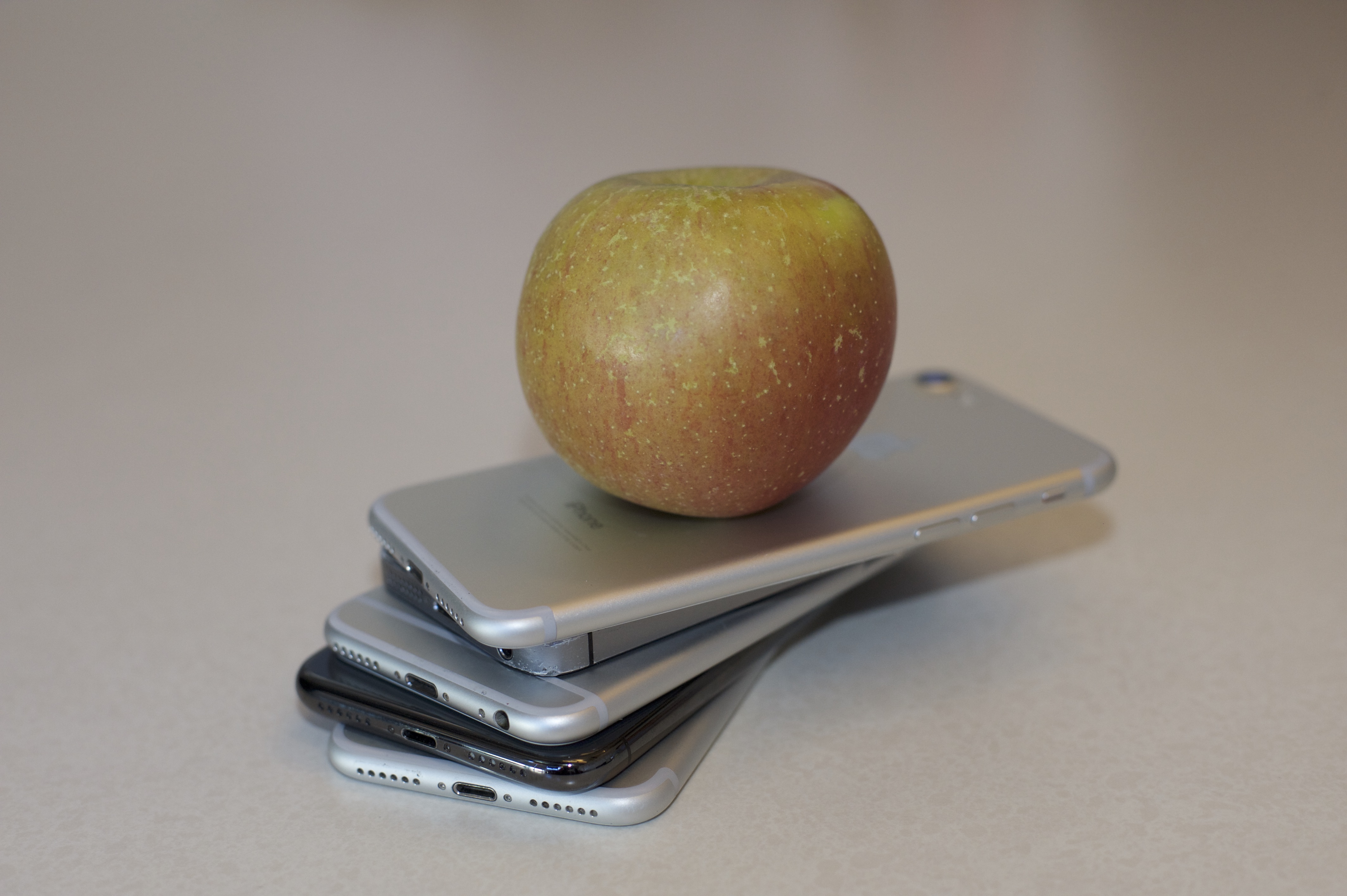
December 21, 2017, Apple announced that a previously-implemented software update was slowing down, older iPhone models in order to prevent the aging devices from shutting down.
This disclosure outraged many, who felt that Apple, which had just released the iPhone 8 and cutting-edge iPhone X, was intentionally slowing down older devices , including the iPhone 6 and 6S families, in order to coerce iPhone users into buying the newer models. The fact that Apple hid the slow down from the public resulted in diminished trust in the company. iPhone owners in the U.S., who attest that had they known that their phones were being slowed down they would not have purchased the newer products, have filed dozens of lawsuits against Apple.
In an article published in the tech blog The Verge, Apple detailed that the lithium-ion batteries, used in iPhones, “become less capable of supplying peak current demands when in cold conditions, have a low battery charge, or as they age over time. This can result in the device unexpectedly shutting down to protect its electronic components.” The report of Apple’s throttling, originally published on an online forum, corroborated anecdotal evidence of many iPhone owners that have been unsatisfied with the longevity of their devices. However, customers often fail to take into account that the lithium-ion batteries used in portable devices only retain their battery capacity for a limited number of years before the phone starts to unexpectedly shut down.
In late July, Senator John Thune questioned whether or not Apple was intentionally slowing down iPhones, an assertion that Apple CEO Tim Cook has yet to respond to. To support customers and temporarily fix the slow down problem, Apple has reduced the price of battery replacements from $79 to $29. The deadline to receive the replacement stretches until December 2018. However, this offer is only available for iPhone 6, 6 Plus, 6S, 6S Plus, and SE, as opposed to covering all previous iPhone generations. In addition, Apple has introduced a new software feature, which shows users the condition of their device’s battery.
In France, Apple’s action sparked outrage despite falling within a legal gray area. The country defines “planned obsolescence” as a criminal act, but it is unclear whether Apple’s battery capacity-induced iPhone slowdowns, which the company vehemently insists is intended to extend the life of their customers’ devices, would constitute such an action. In the United States, where there is consumer protection but no criminality associated with planned obsolescence, lawsuits have been filed against Apple in civil, rather than criminal court. In France, where activist group Halte à l’Obsolescence Programmée submitted paperwork to initiate criminal proceedings, Apple executives could potentially face jail time under French criminal law.






